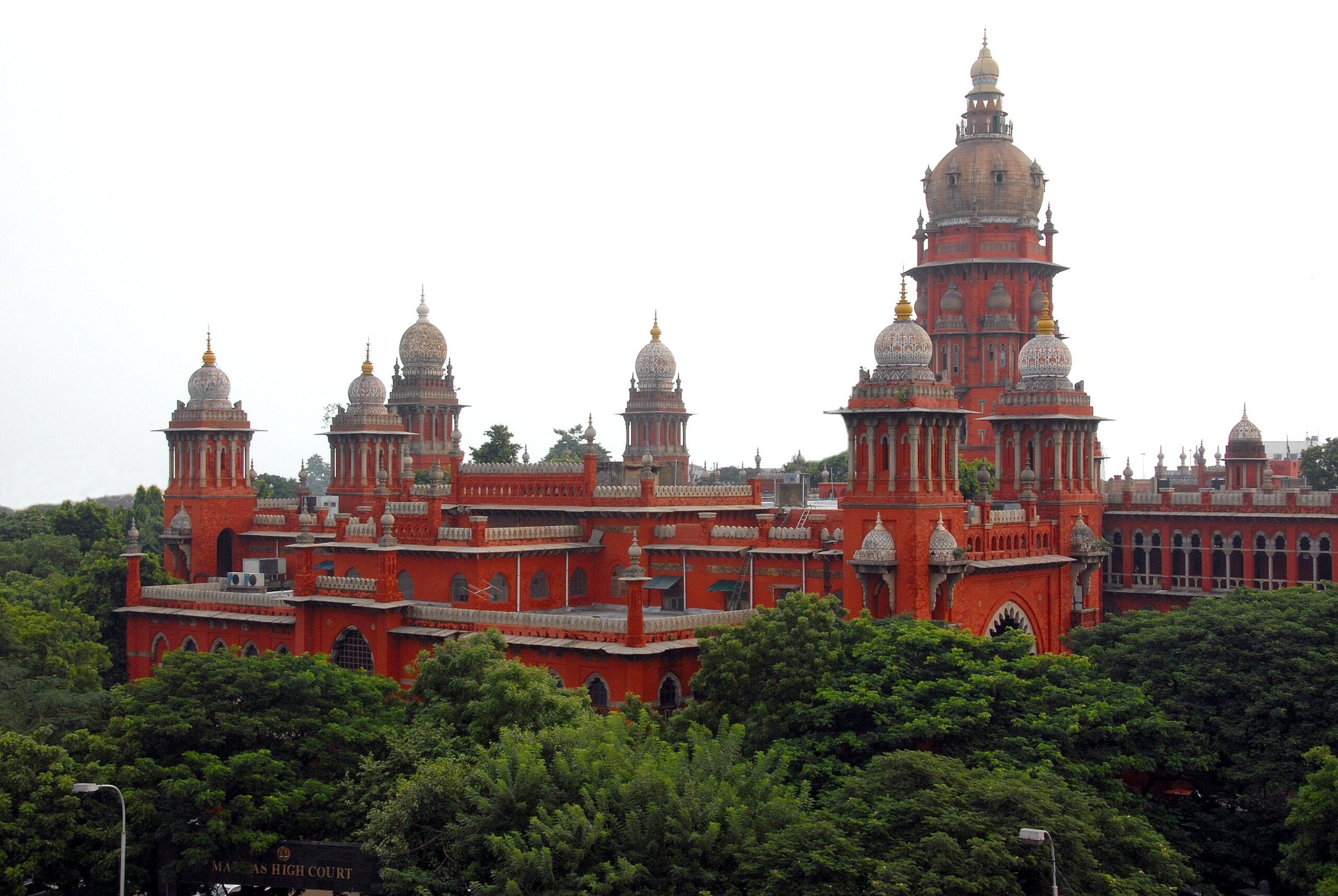Synopsis: The Judicial Magistrate conducting an investigation pursuant to Section 176(1)(A) of the CrPC shall ensure that the families of the deceased or its representative have access of the body, as well as video and photographs.
In order to ensure transparency in cases involving allegations of custodial deaths, the Madras High Court provided various directions on Wednesday, including the preservation of the deceased’s body and ensuring access to the body and the autopsy report for the family.
As the pillars of any democratic government are founded on public trust and acceptance, Justice GR Swaminathan observed that the credibility of the State suffers a great dent whenever a custodial death occurs. Only by ensuring open investigation that be set right. A deceased person is entitled to justice equally. The conditions that contributed to it will have to be unearthed if someone experiences an accidental death. There will be no closure otherwise.
It is in the interest of the police to respect the family of the deceased and avoid rushing through things. They are stakeholders in the process and have to be handled by the police accordingly.

The judge proceeded to issue the following instructions to be followed in cases involving custodial deaths in pursuit of this goal:
- The Judicial Magistrate conducting an investigation pursuant to Section 176(1)(A) of the CrPC shall ensure that the families of the deceased or its representative have access of the body, as well as video and photographs.
- No autopsy should take place or begin without the body being seen by the next kin. If the family of the deceased refuses to see the body, even after it has been approved by the Judicial Magistrate concerned to perform the official investigation, the Judicial Magistrate will approve the conduct of the post-mortem in writing.
- An autopsy is conducted by a team of two doctors who have a master’s degree in forensic medicine and are affiliated to the State Medical College and Hospital. In other words, it is important to perform what is called a forensic autopsy.
- The autopsy shall be performed in accordance with the norms laid down in April, 2019 by the Division Bench in V Eswaran v. Government of Tamil Nadu.
- In order to find out if there are any fractures, the entire body must be x-rayed. By adhering to the six phases in Modi ‘a Textbook of Medical Jurisprudence and Toxicology’ 26th Edition edited by Justice K Kannan, the entire autopsy should be videographed from the beginning of the examination until its completion. The Court also detailed the order, which includes the steps to be taken during the autopsy video recording, the period within which the autopsy must be performed, the steps to be taken during the autopsy and the qualifications of the persons performing the autopsy.
- The autopsy report should be prepared expeditiously and handed over to the investigating officer in the case in order not to decided to postpone the filing of the final report. The legal heir or members of the family of the deceased should simultaneously receive a copy of the autopsy report as well as a recording.
- If the legal heir/representatives of the deceased family submit in writing after receipt of the autopsy report that they wish to proceed to the High Court, the body shall remain in the mortuary for a period of at least 48 hours.
The Court added that if the family of the deceased wants to move the High Court, that the very object of performing a second post-mortem would be rendered infructuous if the body is disposed of either by cremation or otherwise in the meantime. All of us know that in the tragic Hathras gang rape case, hasty cremation led to controversy. It is in the interest of the police to trust the family of the deceased and stop rushing through matters. They are stakeholders in the process and have to be handled appropriately by the police.
In a plea moved to exhume the body of a man suspected to have died from custodial violence by the Tamil Nadu police, Justice Swaminathan gave mentioned instructions. In addition to approving the petition for exhumation, the Court also ordered the transfer of further inquiries into the case to the CBCID for proper justice.

